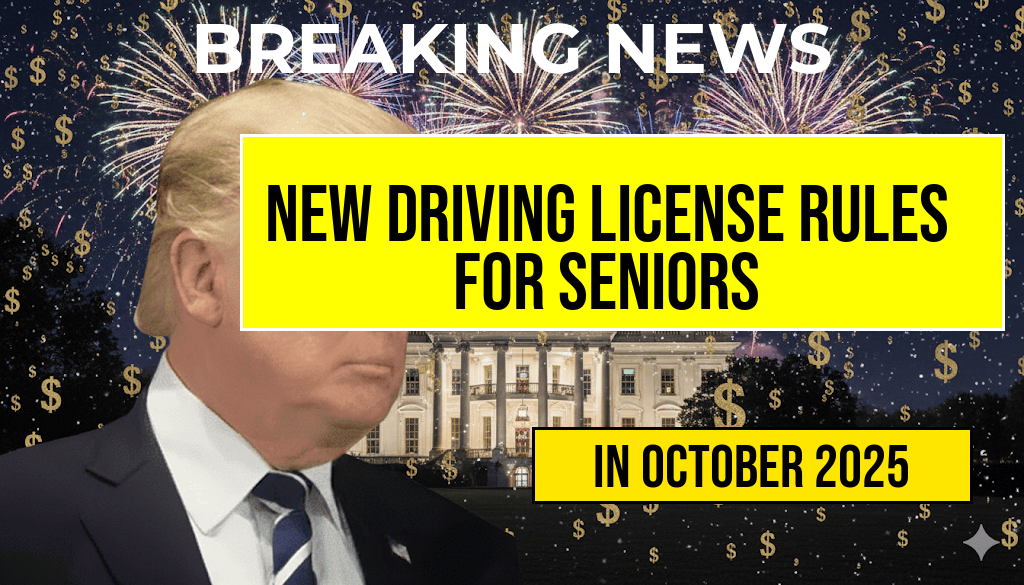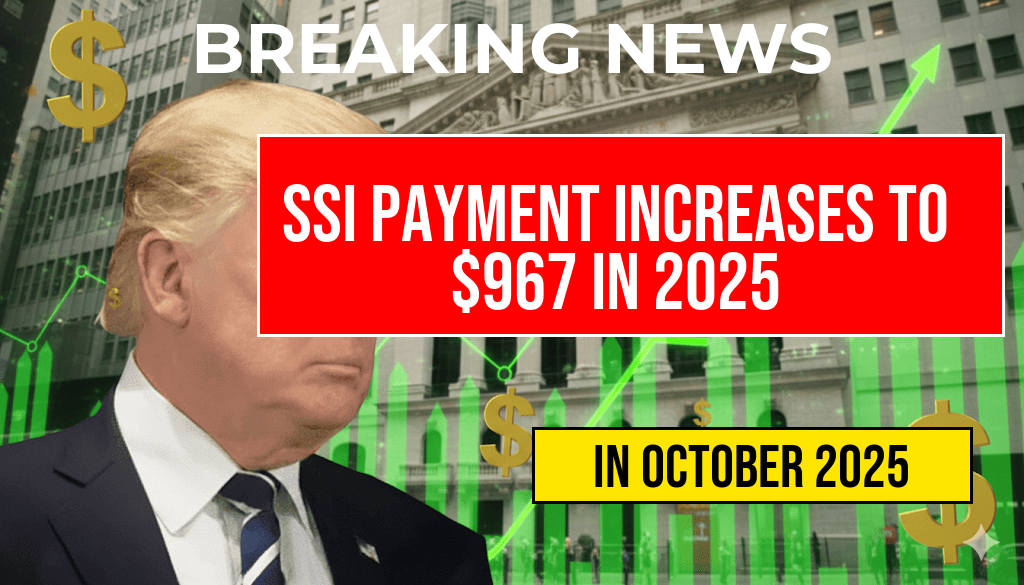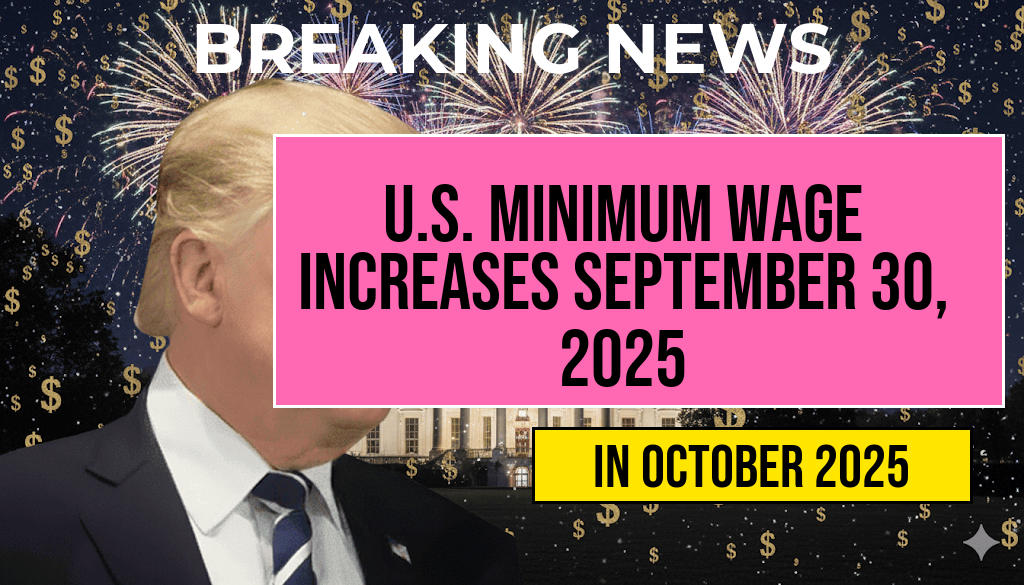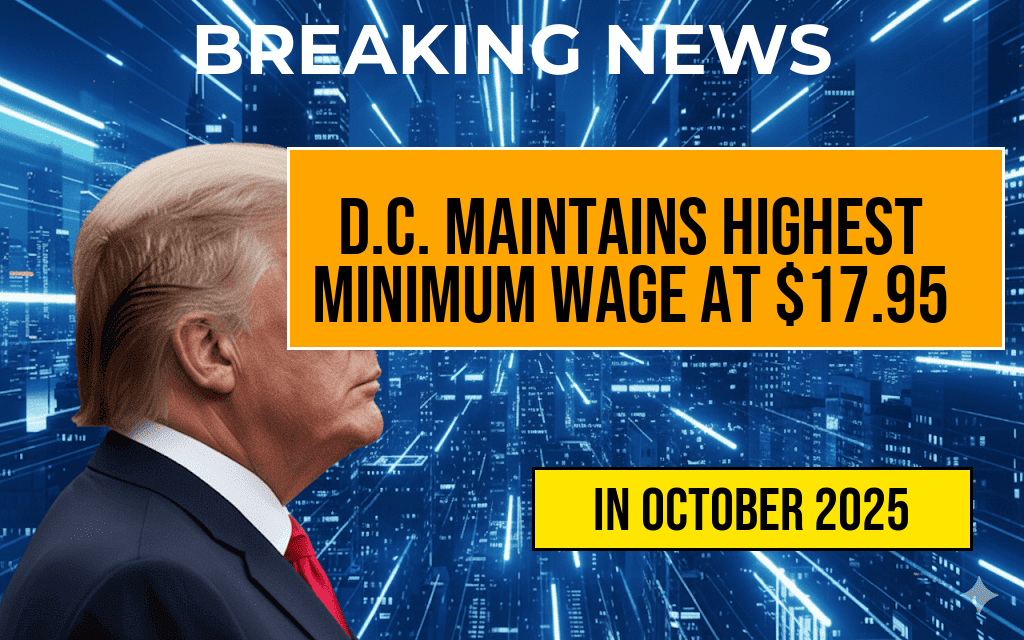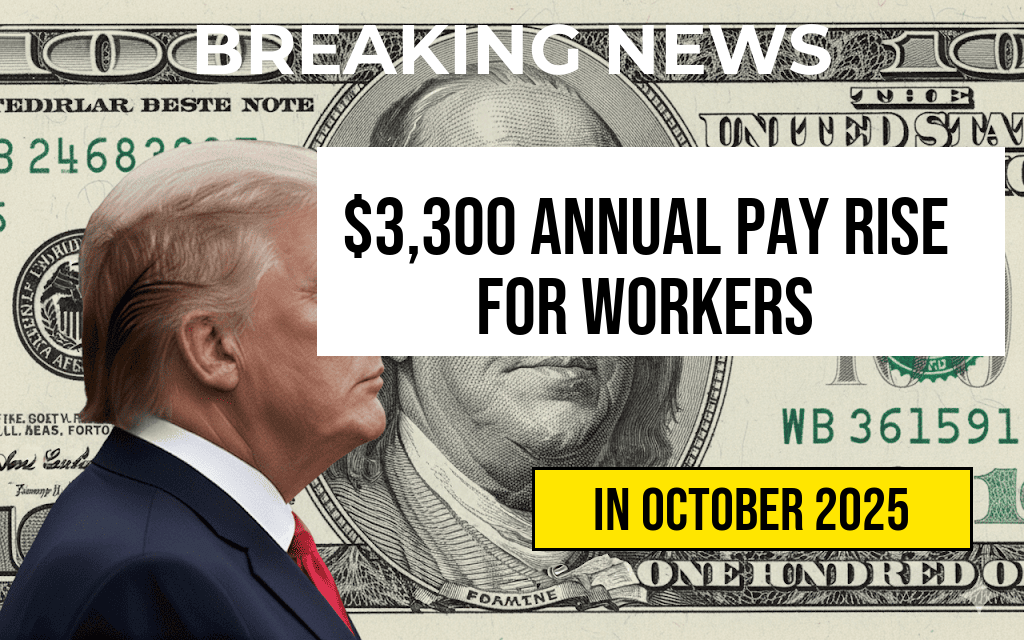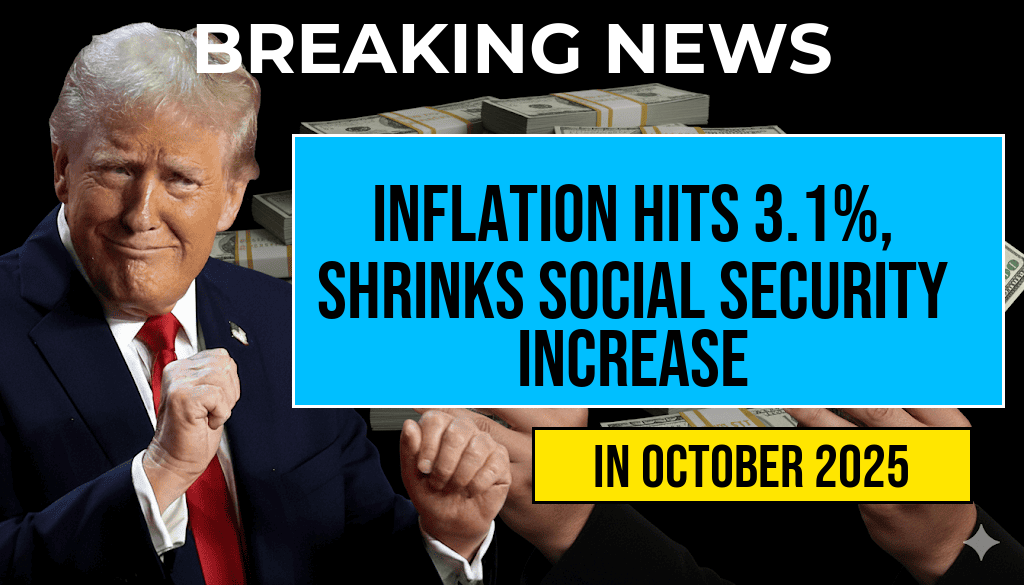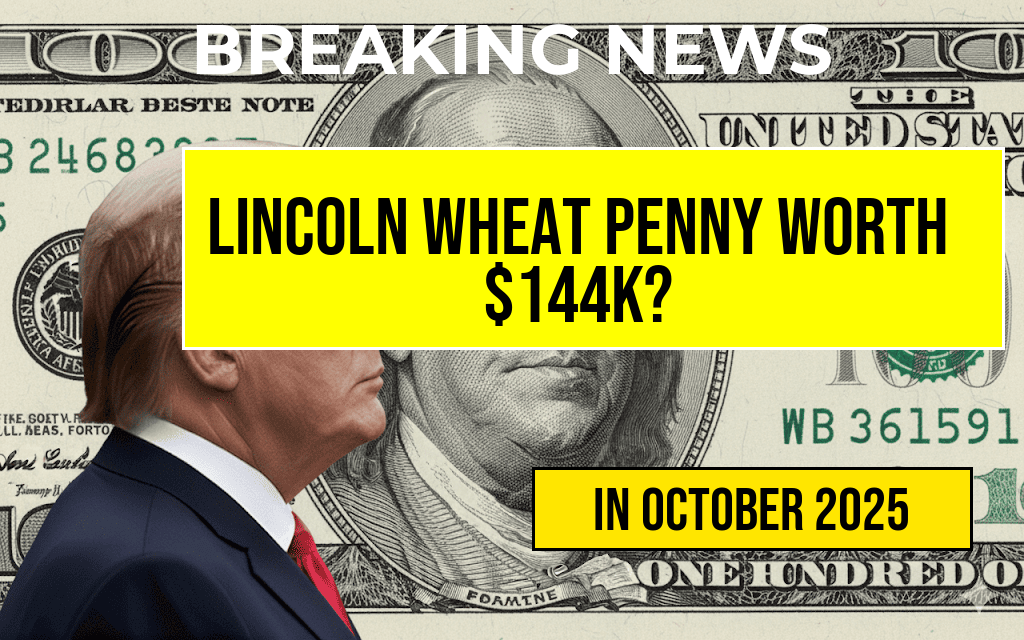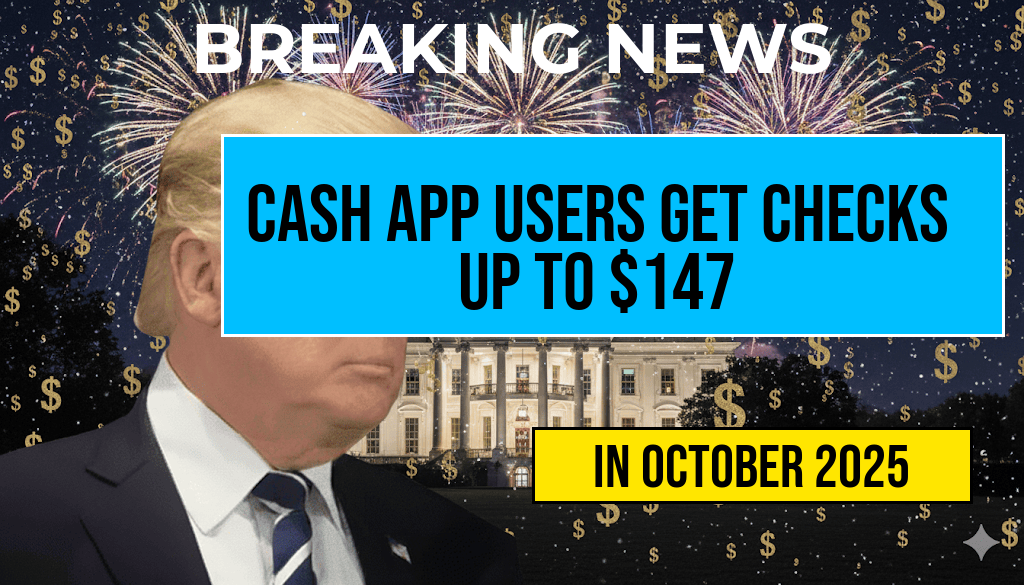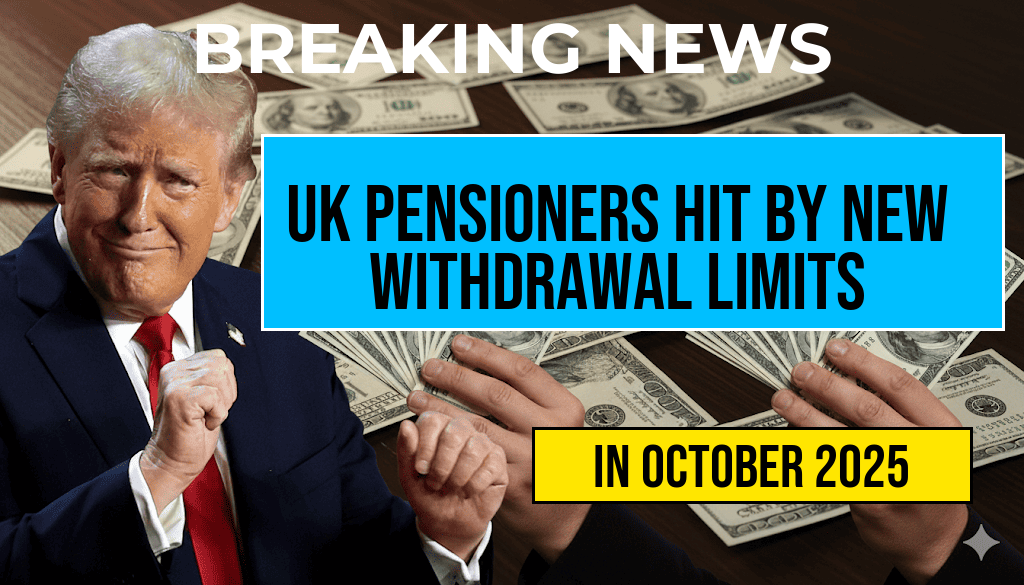A recent study by the Economic Policy Institute (EPI) suggests that increasing the federal minimum wage to $15 per hour could result in an annual pay increase of approximately $3,300 for around 32 million workers across the United States. This substantial wage boost would not only benefit low-income employees but also stimulate economic growth by increasing consumer spending. The proposed wage hike has gained traction among lawmakers and advocates who argue that it is essential for lifting millions of Americans out of poverty and addressing income inequality. As discussions around minimum wage reform continue, the implications of this study could play a pivotal role in shaping future labor policies.
The Impact on Workers
The EPI’s analysis indicates that approximately 32 million workers would see their wages rise significantly if the federal minimum wage were to increase from its current level of $7.25 per hour to $15. This increase would primarily benefit low-wage earners, including a substantial number of women and people of color who are disproportionately represented in low-paying jobs.
Demographic Breakdown
| Group | Percentage of Affected Workers |
|---|---|
| Women | 56% |
| People of Color | 42% |
| Part-Time Workers | 26% |
Economic Benefits
According to the study, raising the minimum wage could lead to significant economic benefits beyond just higher pay for workers. Increased earnings would likely result in greater consumer spending, which could stimulate local economies and support job creation. The EPI estimates that the wage increase could generate over $118 billion in additional wages over the next decade, providing a much-needed boost to various sectors.
Job Growth Potential
While critics of minimum wage increases often argue that higher wages could lead to job losses, the EPI’s research suggests the opposite. Historical data from past minimum wage increases indicates that job growth is often stable or even improves in the wake of wage hikes. Economists argue this is due to increased spending by consumers, which can lead to business expansion and new hiring.
Political Landscape
The conversation surrounding a federal minimum wage increase has gained momentum in recent years, particularly with the Biden administration expressing support for a $15 minimum wage. Legislative efforts have faced hurdles, particularly in the Senate, where bipartisan support is often necessary for significant policy changes.
Public Opinion
- A 2021 Gallup poll showed that 61% of Americans support increasing the federal minimum wage to $15.
- Support is particularly strong among younger voters and those living in urban areas.
- Opponents cite concerns over potential inflation and the impact on small businesses.
Conclusion: Future Implications
The findings of the EPI study underscore the potential impact of a $15 federal minimum wage on millions of American workers. As policymakers continue to debate this pivotal issue, the economic indicators suggest that raising the minimum wage could lead to more robust consumer spending and job growth. Advocates for the wage increase maintain that it is not just an economic necessity but also a moral imperative to ensure that all workers earn a living wage. The dialogue surrounding this topic will likely shape the future of labor policies in the United States for years to come.
For more detailed information, you can explore the full study on the [Economic Policy Institute’s website](https://www.epi.org) and view public opinion data from [Gallup](https://www.gallup.com). Additionally, further context on minimum wage discussions can be found on [Wikipedia](https://en.wikipedia.org/wiki/Minimum_wage_in_the_United_States).
Frequently Asked Questions
What is the estimated annual pay increase for workers if the federal minimum wage is raised to $15?
The study estimates an annual pay increase of $3,300 for 32 million workers if the federal minimum wage is raised to $15.
How many workers would be affected by an increase to a $15 federal minimum wage?
Approximately 32 million workers would benefit from an increase to a $15 federal minimum wage.
What is the current federal minimum wage in the United States?
The current federal minimum wage in the United States is $7.25 per hour, which has not been increased since 2009.
What are the potential economic impacts of raising the minimum wage to $15?
Raising the minimum wage to $15 could lead to a significant pay increase for millions of workers, potentially boosting consumer spending and reducing poverty levels.
Are there any opponents of raising the federal minimum wage to $15?
Yes, some opponents argue that raising the federal minimum wage to $15 could lead to higher unemployment rates and increased costs for businesses, particularly small businesses.

